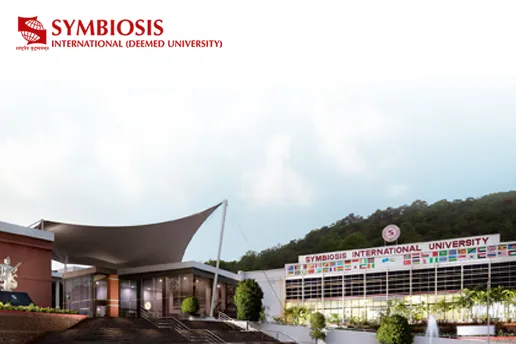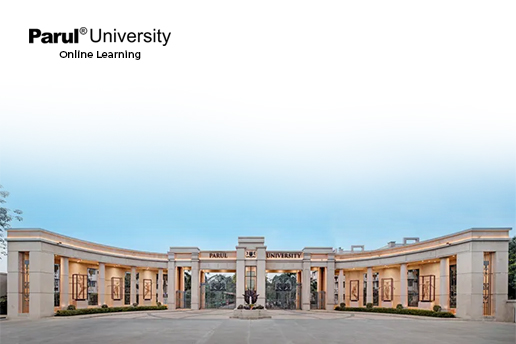Computer programming fundamentals are the basics of programming that all programmers must understand to create software applications. They include basic concepts such as variables, functions, algorithms, data structures, and object-oriented programming. Understanding these principles is fundamental to learning any programming language.
Variables are a programming term for a storage area where data can be stored and retrieved when needed. They are used to store values and allow programs to do calculations with those values.
Functions are a way of organising code into reusable pieces. They are used to perform specific tasks and can be called multiple times from within a program.
Algorithms are instructions that define how a program should perform a task. They are used to solve problems and are written in a step-by-step manner.
Data structures are a way of organising and storing data. They allow programs to access and manipulate data quickly and efficiently.
Object-oriented programming (OOP) is a way of programming that uses objects to store and manipulate data. OOP is based on the concept of classes, which are used to define the properties and behaviours of an object.
The different aspects of computer programming
1. Algorithms and Data Structures:
Algorithms are a set of instructions that are used to solve a problem or complete a task. Data structures are used to store data in an organised way.
2. Languages:
Computer programming languages are used to write instructions that the computer can understand and execute. Popular languages include Java, C++, Python, and JavaScript.
3. Frameworks:
Frameworks are collections of code libraries that developers use to create applications.
4. Libraries:
Libraries are collections of code that can be used to speed up development and make every day’s tasks easier.
5. APIs:
APIs are Application Programming Interfaces that allow developers to access data or functionality from other applications.
6. Debugging:
Debugging is the process of finding and fixing errors in code.
7. Testing:
Testing is the process of verifying that the code is working correctly.
8. Version Control:
Version control systems keep track of code changes over time.
The role of C++, Java, HTML, and Python in the world of computer programming
C++:
C++ is an object-oriented programming language, which means that it is designed to support the development of programs that use objects to store and manipulate data. It allows developers to create abstract data types, user-defined types that can be used to create objects. It also includes features for memory management, type safety, and exception handling. C++ code is often used to create high-performance applications such as video games, mobile apps, and web servers.
Java:
Java is a popular programming language for developing web, mobile, and desktop applications. It is a high-level language that is platform-independent, secure, and reliable. Java is used to create various applications, including web-based and enterprise applications.
HTML:
HTML, or HyperText Markup Language, is the language of the web. It is used to create web pages that can be viewed by anyone with a web browser. HTML is used to structure, format, and link information on web pages and add images, videos, and other content.
Python:
Python is a powerful, high-level programming language for developing software, web applications, and more. It is an object-oriented language that is easy to learn and use, making it a popular choice for many developers. Python is used to create a wide variety of applications, such as machine learning, data science, and web development.
A Brief Guide to Becoming a Computer Programmer
1. Learn to code:
Before becoming a computer programmer, you must learn how to code. Coding is the language of computers, and understanding it is essential to becoming a computer programmer. You can learn to code through online resources, books, or classes.
2. Understand computer science fundamentals:
In addition to learning how to code, you should also understand concepts such as algorithms and data structures. Understanding computer science fundamentals is essential to becoming a successful computer programmer.
3. Choose a programming language:
There are many different programming languages, each with its advantages and disadvantages. You should choose the language that best meets the needs of the projects you will be working on.
4. Develop your skills:
Once you have chosen a programming language, you must develop your skills by writing code, reading tutorials, and practising your skills.
5. Get experience:
Many computer programmers get experience by working on projects for friends or family. You can also work on open-source projects or internships.
6. Look for job opportunities:
Once you have developed your skills and gained experience, you should start looking for job opportunities. You can look on job boards or contact companies directly.
What College and Program is best for you?
Online MCA Degree from Manipal is best for you as the program provides students with an in-depth understanding of software principles, including data structures and algorithms, object-oriented programming, software design, software architecture, software development, and web development. The curriculum also includes topics related to databases, networking, graphics, security, and artificial intelligence.
Manipal is a leading university in India and is known for the quality of its courses, its faculty, and its research. Students enrolled in the MCA program at Manipal will gain a comprehensive understanding and be able to apply it to their future work. Additionally, they will gain the necessary knowledge to become successful in the industry.
Conclusion:
Computer Science is an ever-evolving field that is essential for the development of modern-day technology. It is essential for anyone interested in developing software, hardware, and networking applications. By understanding the fundamentals of computer science, such as the three crucial areas of development, programming, algorithms, and data structures, one can better understand the principles of computer science.





